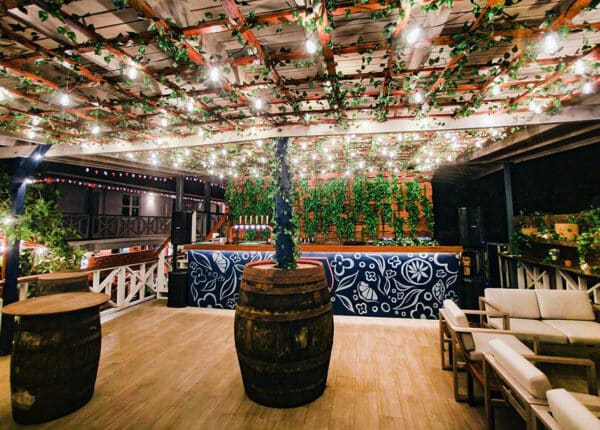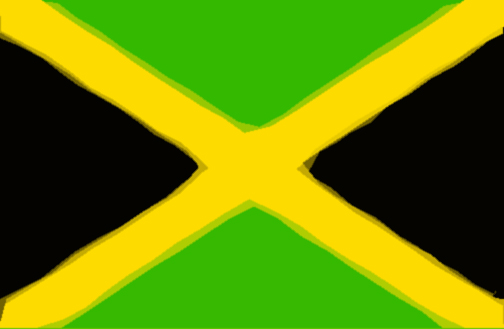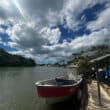By Ramesh Sujanani
Op-Ed Contributor
There are a lot of comments of late relating to Jamaica’s 50th anniversary of Independence.
In Wednesday’s Gleaner, Din Duggan made a few comments about the unforgivable fracas in Parliament recently, and Mr McConnell’s comment indicated that Jamaica does not plan for the future adequately, both of which make sense.
Then Mr Seaga mentions a lot of “lubrication” needed to ensure success, and unity is the lubricant. I am not sure what he is talking about, but whatever lubricant was used before is not working.
When I left high school in 1961, our Independence came the following year, and I recall Bustamante’s victory over Manley, and the satisfaction and happiness that most Jamaicans felt. I was able to go to night school; but it became difficult around 1967-1970, when trouble started on the streets.
There were violent exchanges, which I now construe as terrorist activities. That time, I recall, was also a period of innovation and new business: the University of the West Indies, our premier educational institution, came into greater glory during that period, and many persons benefited from part-time studies.
Banks, stores, and all commercial activity became victim to the gunman and his affiliations.
Thieves attacked constantly, taking lives and property but mostly robbing businesses.
Money at that time, I suspect, was going into politics, backing gangs and garrisons. The People’s National Party came in to power in early seventies, and we were given our fill of socialism and social justice.
Then ensued a battle between Seaga and Manley in the late 1970s and early 1980s. I do not know where the guns came from, but they were numerous, and both parties had them, so they are both culpable.
In the election year of 1980, I was in my business at North Parade when a message sent to me said that all the owners of all businesses on North Parade, would be assassinated.
The following morning the baker at number one North Parade was shot and killed. A day or two later, a recording and music producer of number 3 North Parade was gunned down, critically wounded. Then the restaurant owner of number 18 was shot five times while working one Sunday, but he survived in much pain. Thereafter, the garment manufacturer was shot, but he survived, because his neighbor, the watchmaker, left his business and rushed him to KPH.
The Jamaica Labour Party won the elections of 1980, and Mr Seaga became Prime Minister. Within a few weeks, there were many changes, one of them was that all the incentives given to the manufacturer for exports, for manufacturing , were discontinued.
Jamaica’s productive capacity was removed, and the banking centres flourished with interest rates of 68 percent. Capital flight was at its maximum, migration of skilled employees continued non-stop.
Eventually, in the early 1990s, the banks trembled, and had to be bailed out with one and a half billion dollars by the government. This was a time of great hardship, similar to the 1970s and to this past decade of confusion and corruption.
The IMF, which early in the 1980s was consulted to streamline the economy at the request of Mr Seaga and his adviser, had to be banished out of the country by Seaga himself in 1987 on the basis that their policies were not working out for the good of the country. Jamaica had changed from being a producer and became a supermarket (in his words).
On a more local level, there was confusion galore. In the early eighties, the JLP Administration decided to rebuild the St William Grant Arcade, and to renovate the roads for efficient traffic flow. A high, zinc fence was built around the park, stopping all traffic, and bringing the fence up to three feet from the stores entrances.
The project should have taken three months; instead it took three years. Can you imagine people crushed side by side behind a zinc fence, travelling to and fro?
There was the grabbing of chains, the picking of pockets, fights, stabbings and all that comes with criminal behaviour. Look at the Park Area now on a busy day, and there is not much difference, as a dense crowd persists on most days.
When I think of my neighbours and friends, suppliers and customers, and their unhappy experiences with violence a sadness comes over me:
That humble persons, by their effort and persistence in building their business, were shot, wounded or killed, and their businesses closed by acts of violence.
That leaders of a country like Jamaica, would by their careless negligence, their indifferent attention to anything human, their callous attention to politics over people, value their self-interests above their responsibilities.
I weep for my adopted country, my terrestrial mother, and I wish the next fifty years there will be more caring and consideration from her children.
Jamaica’s last 50 years are best forgotten, and plans should be made for a more just and humane country, starting now and continuing for the next fifty years. I hope my children will have opportunities galore, even better than I had.
Ramesh K Sujanani can be reached at rsujanani78@gmail.com.
Note: the opinions expressed in Caribbean Journal Op-Eds are those of the author and do not necessarily reflect the views of the Caribbean Journal.







